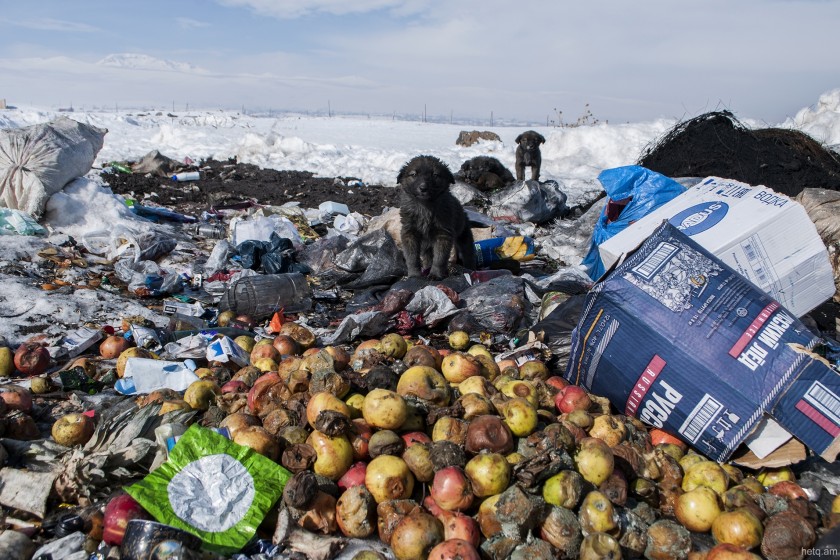
Gegharkunik: Armenia’s Legal and Illegal Garbage Dumps
Everything was covered in snow when we travelled to Armenia’s Gegharkunik Province.
We were on the search for illegal garbage dumps in the province, and were initially concerned that the snow cover would make our task near impossible.
Nevertheless, with the assistance of local residents, we visited 14 large and small garbage dumps, nine of which are illegal. Perhaps, we will visit the province in the future to photograph the trash accumulating around Lake Sevan.
Most of the residential communities in Gegharkunik are located on the road linking the town of Sevan to Vardenis. We’re talking about Gavar and Martuni and their villages. The Sevan area seems to have organized garbage removal the best in comparison to the others. The closer you get to Vardenis, the more one comes across makeshift garbage dumps.
The following map displays the legal and illegal garbage dumps we located during our visit.
Edik Ghazaryan, who heads the financial division at the Sevan Municipality, told Hetq that a non-commercial organization – Sevan Community Communal Improvement and Service (SCCIS) – provides local services for the town and that the municipality allocates 45 million AMD (US$93,600) yearly for trash collection and other sanitary work. Residents are charged 200 drams (42 cents) per month for the service. The main trash dump for Sevan and area villages is near the village of Chkalovka.
Nevertheless, plastic bottles and styrofoam coffee cups can be seen littering the area around the gas station new the village of Ldjashen. Ldjashen Mayor Koryun Margaryan told Hetq that the municipality also has a contract with SCCIS and that the company collects trash once weekly during the winter and twice weekly in the summer. Margaryan says the municipality pays the company 25,000-35,000 drams per pick-up.
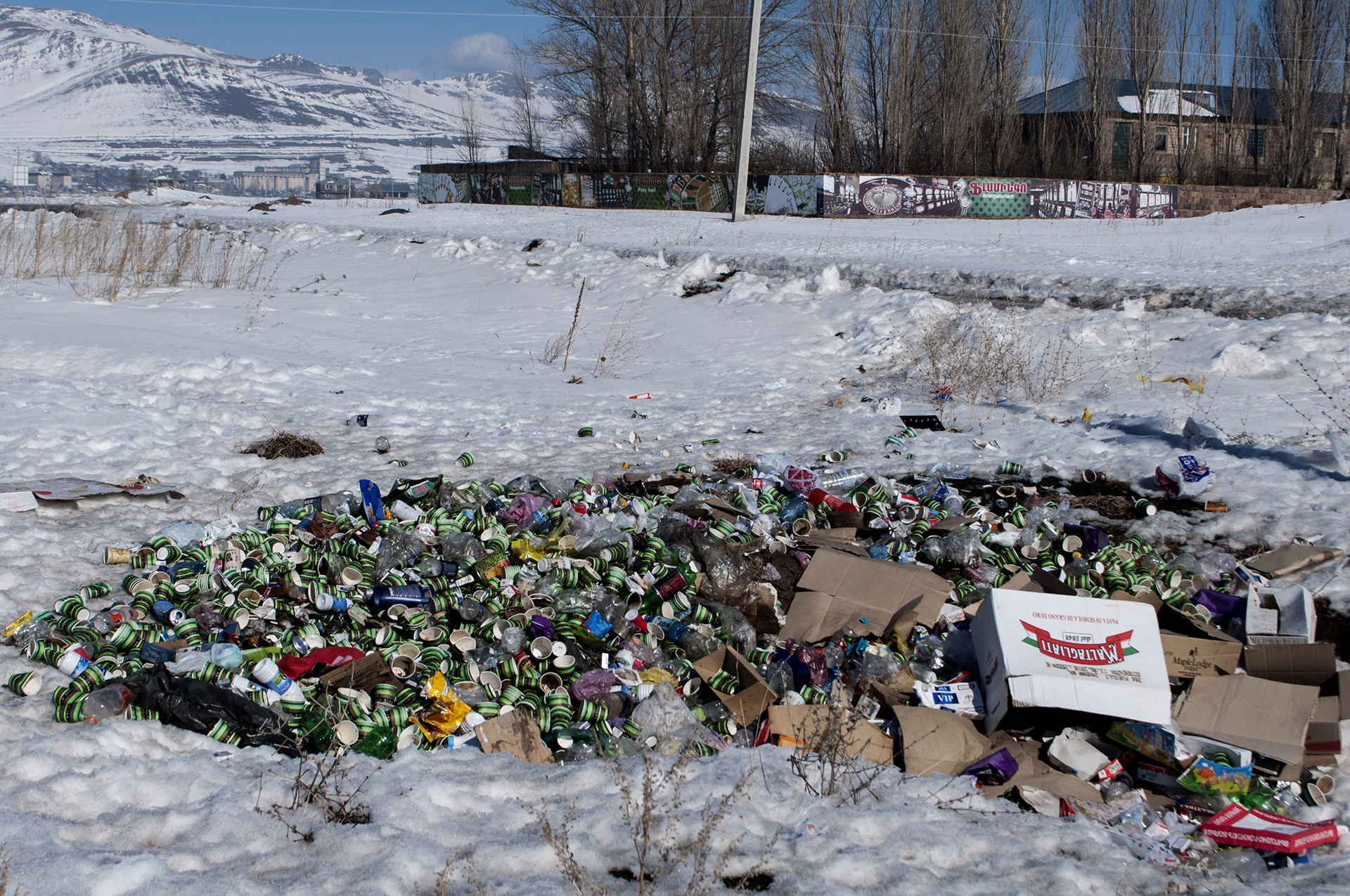
We didn’t see any household trash in the Sevan village of Geghamavan. Residents said the snow had covered everything. We did notice large amounts of metal debris near a metal collection site along a portion of the village road. Geghamavan Mayor Mnatsakan Vardanyan said the village pays 60,000 drams monthly for rubbish removal.
We didn’t spot any illegally dumped trash in the village of Tzaghkounk. There were trash bins placed along the road. Mayor Petik Aghadjanyan told us that they too have a contract with SCCIS and pay the company 60,000 drams monthly for trash removal.
There were also trash bins in the village of Ddmashen and we didn’t spot any illegal garbage. Mayor Avetis Avetisyan told Hetq that they pay SCCIS 30,000 drams for once a week garbage collection.
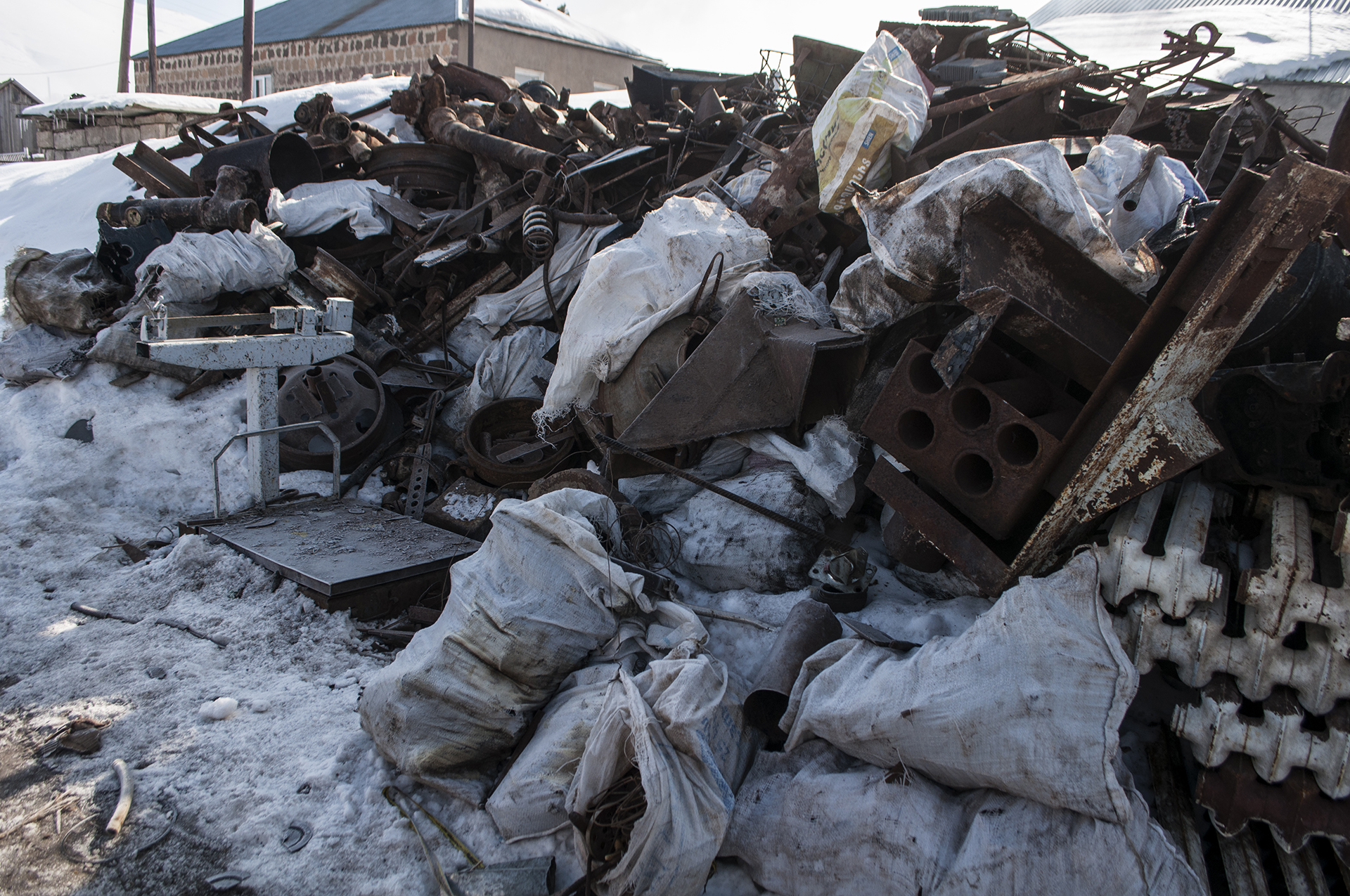
Local community mayors mostly complained that they were hard-pressed to pay for garbage collection and to pay municipal salaries.
Ddmashen Mayor Avetisyan said that complaining wouldn’t solve the issue. “The government provides all village municipalities equal subsidies. Who will take care of our village besides us? If residents trust their mayor, then they’ll pay their taxes on time. We just can’t shed tears.”
In the town of Gavar it’s the Gavar Community Communal Improvement and Service non-commercial organization that carries out garbage collection and other services. The agency has three garbage trucks, among other vehicles.
Gavar is divided into six districts for garbage removal, and the town pays 84.7 million drams yearly for the service.

According to the Gavar Municipality’s website, trash bins at multi-residential dwellings are emptied once a day and every two days at private homes. 15 tons of trash per day is hauled to the garbage dump.
The Gavar villages of Saroukhan and Karmir share a garbage dump. Saroukhan Mayor Vahan Gevorgyan says that trash is collected daily, except for Sundays, and that the dump is covered with dirt once a month.
“About half the village pays 500 drams for garbage removal. Those who don’t have the money do not pay. We have two laborers who do some landscaping and clean the tributaries, etc. They get a monthly salary of 85,000 drams.”
Martuni allocates 38.5 million drams annually for garbage collection. The town has trash bins but it seems that residents leave their trash next to the bins rather than inside.
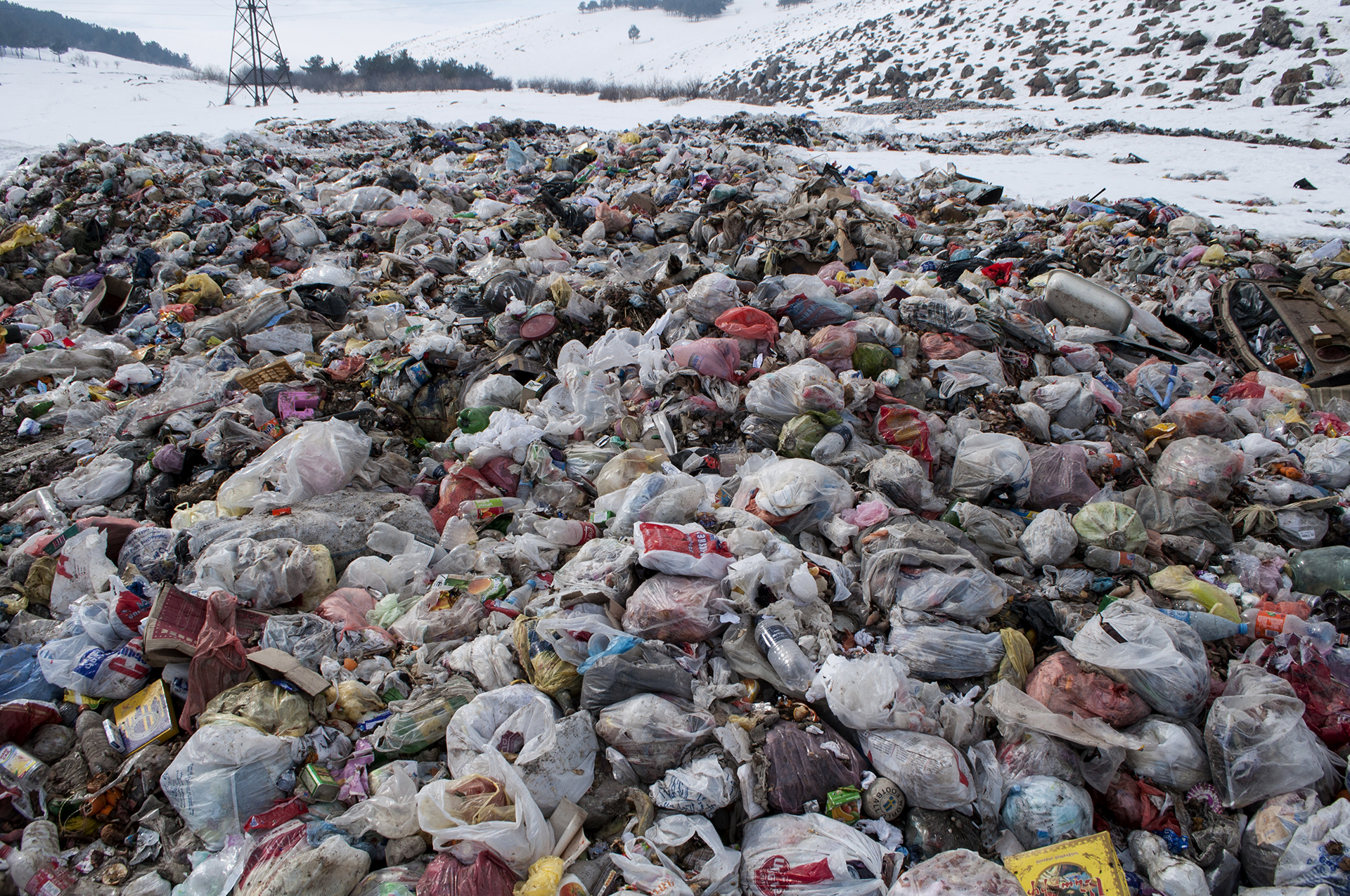
In the Martuni village of Verin Getashen, garbage collection is carried out by entering into contracts with individual operators. Those with the proper equipment collect garbage twice weekly. The village allocates 1million AMD annually for garbage removal.
Vardenik is one of the larger villages in the Martuni area. While there’s an official trash dump nearby, we also spotted an illegal one. Mayor Hovhannes Hoveyan told Hetq that the municipality allocates around 1.5 million AMD yearly for communal services.
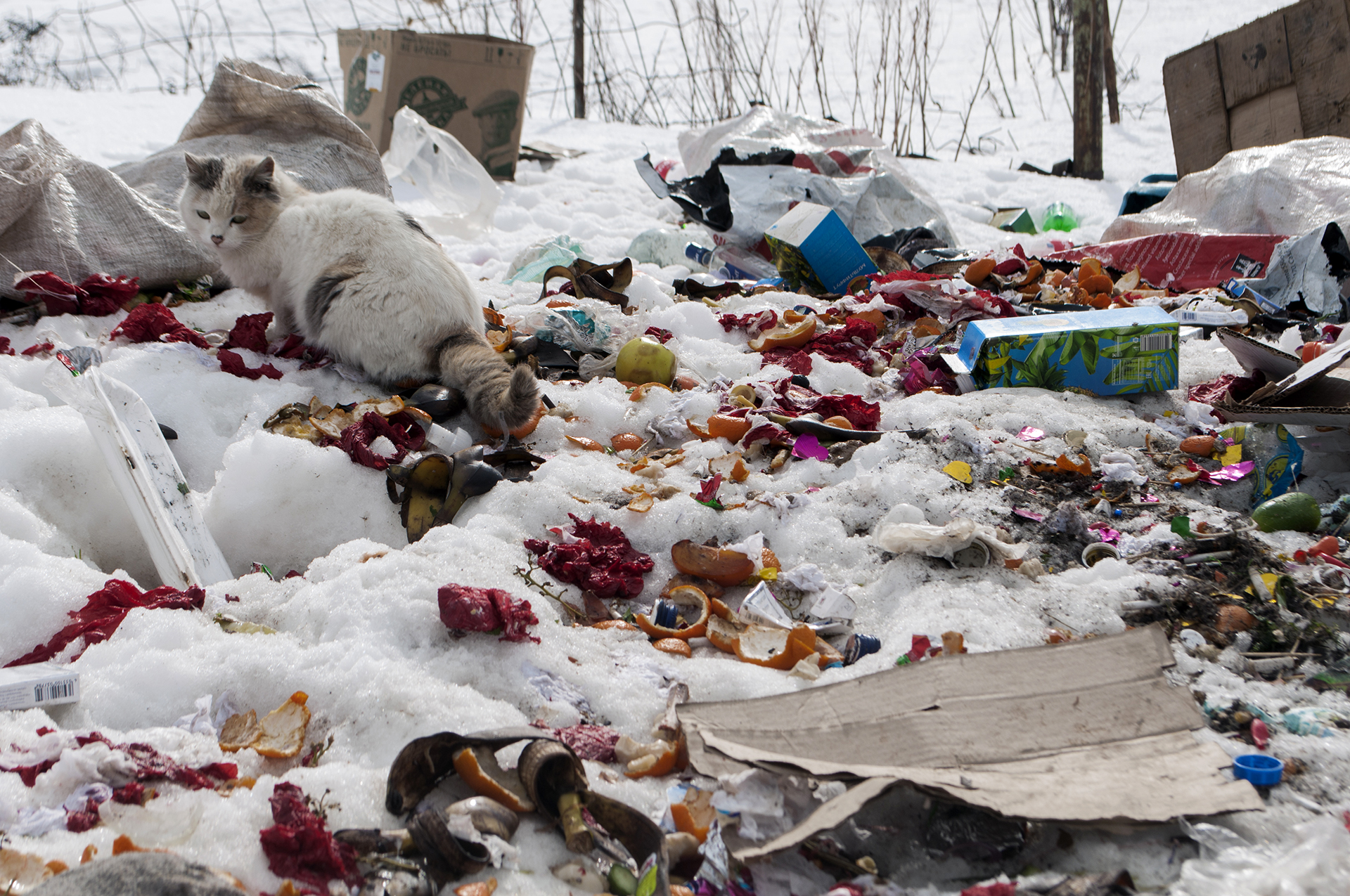
Tzovinar is a village near Lake Sevan. Mayor Mher Martoyan says that the village pays 900,000 AMD yearly for communal services. “There’s a designated spot at the bottom of the village. Every summer we transport trash there. In winter, residents dump trash in holes in four spots. We then hire people to transport this trash to the main site,” said Martoyan.
The Vardenis Municipality allocates 24.5 million drams per year for garbage removal. The official dump, the province’s largest, is located close by. Approaching the dump, one can see, under the melting snow, mounds of trash along the road.
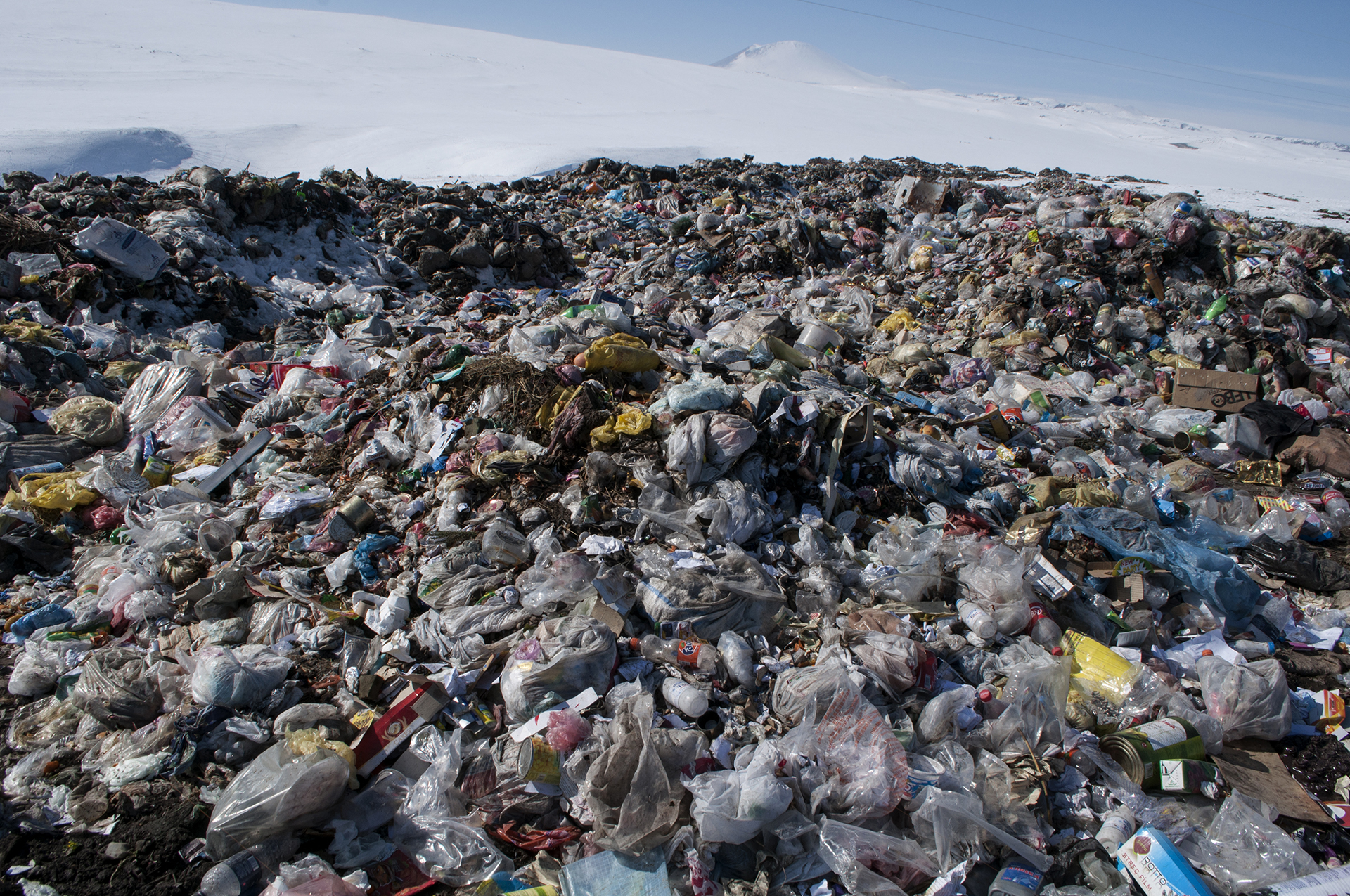


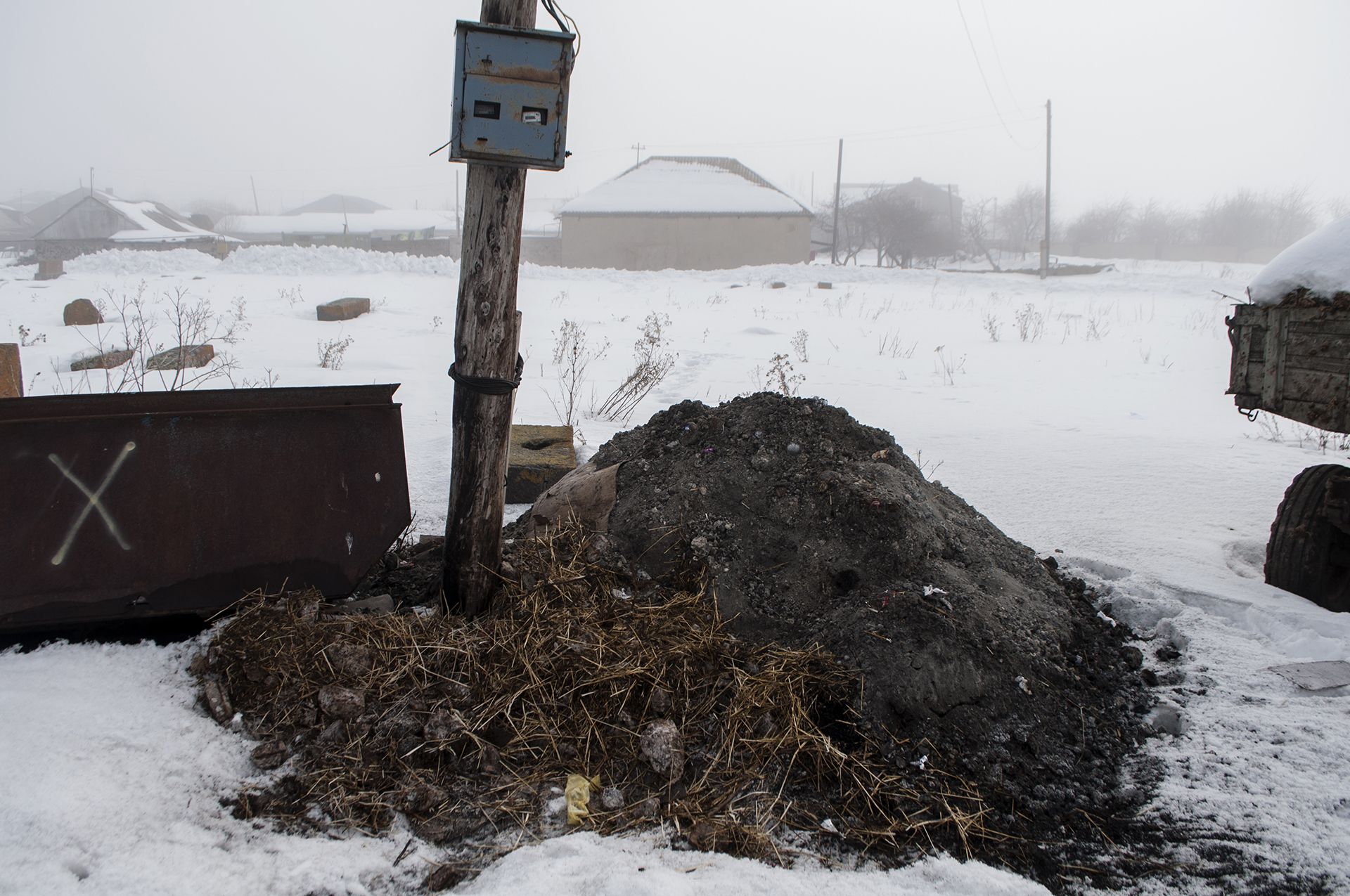
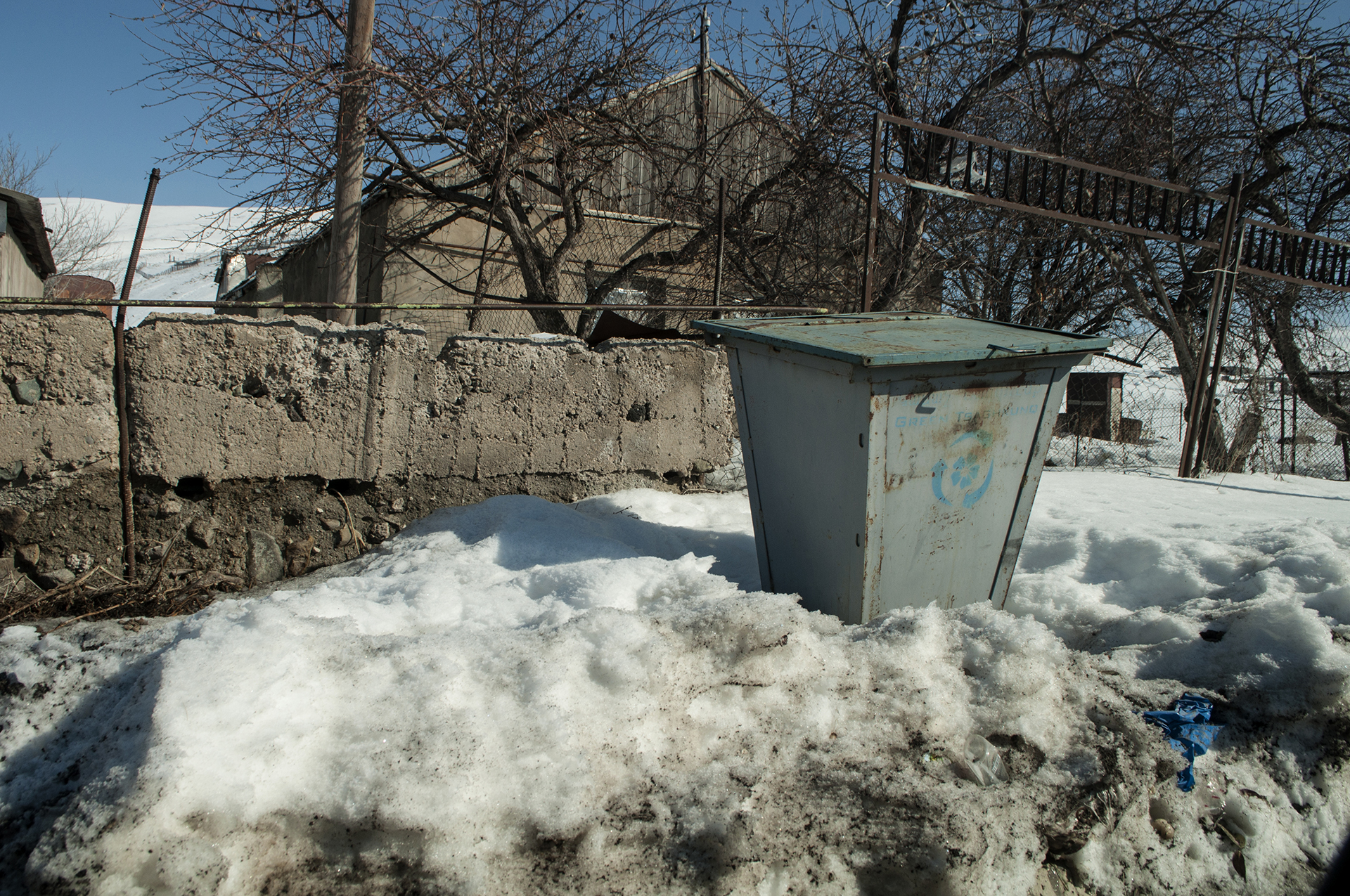

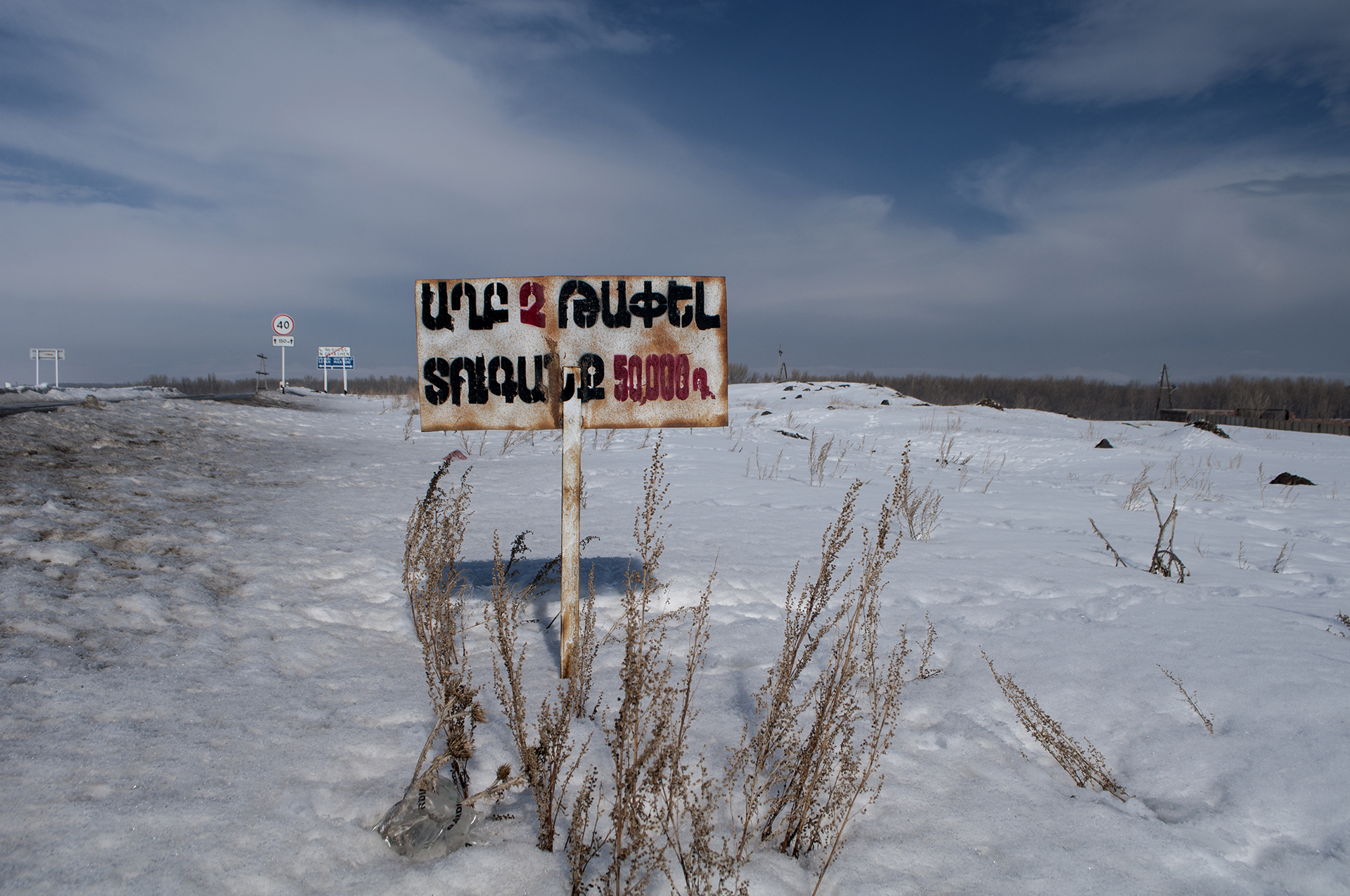
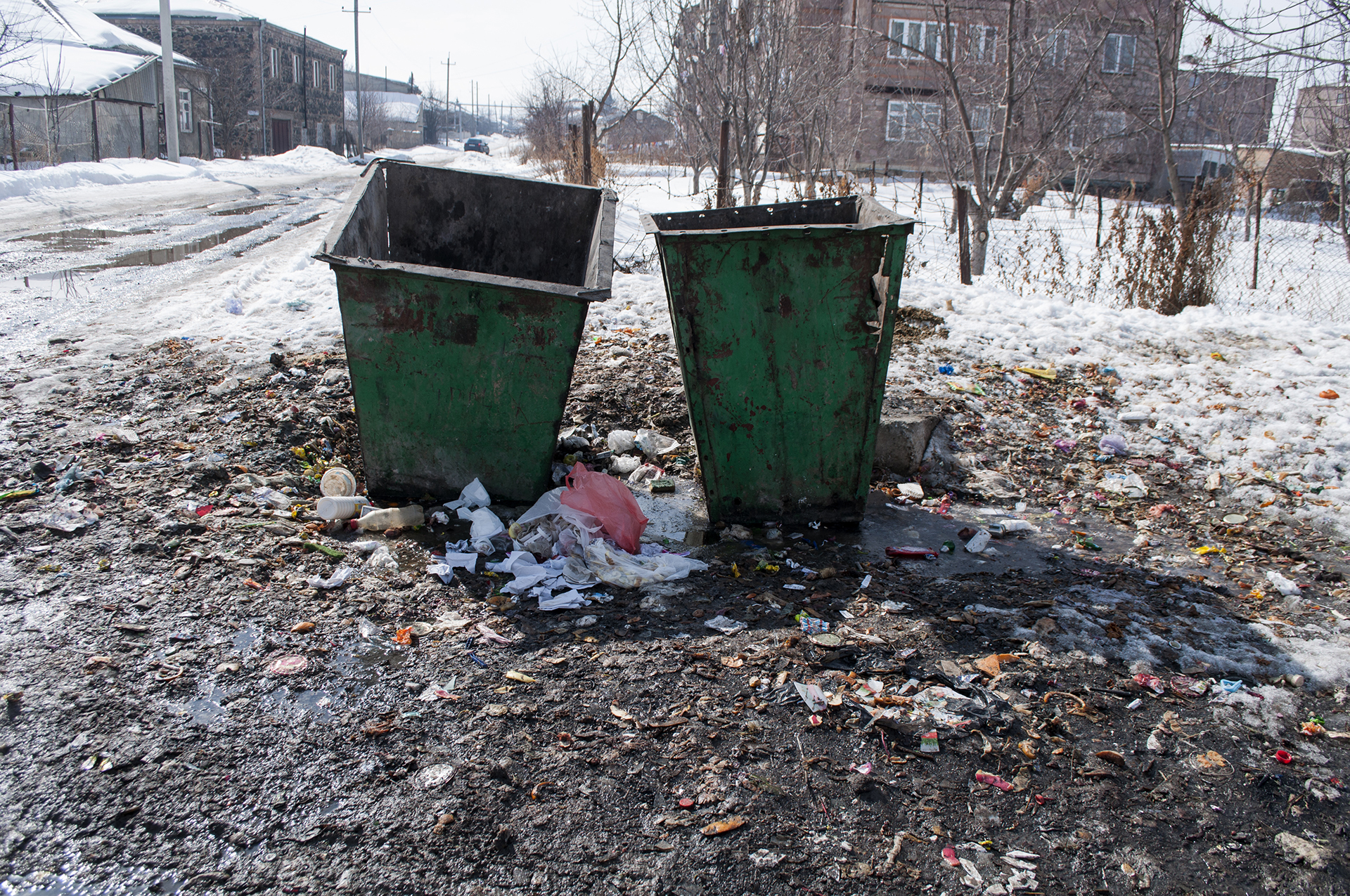
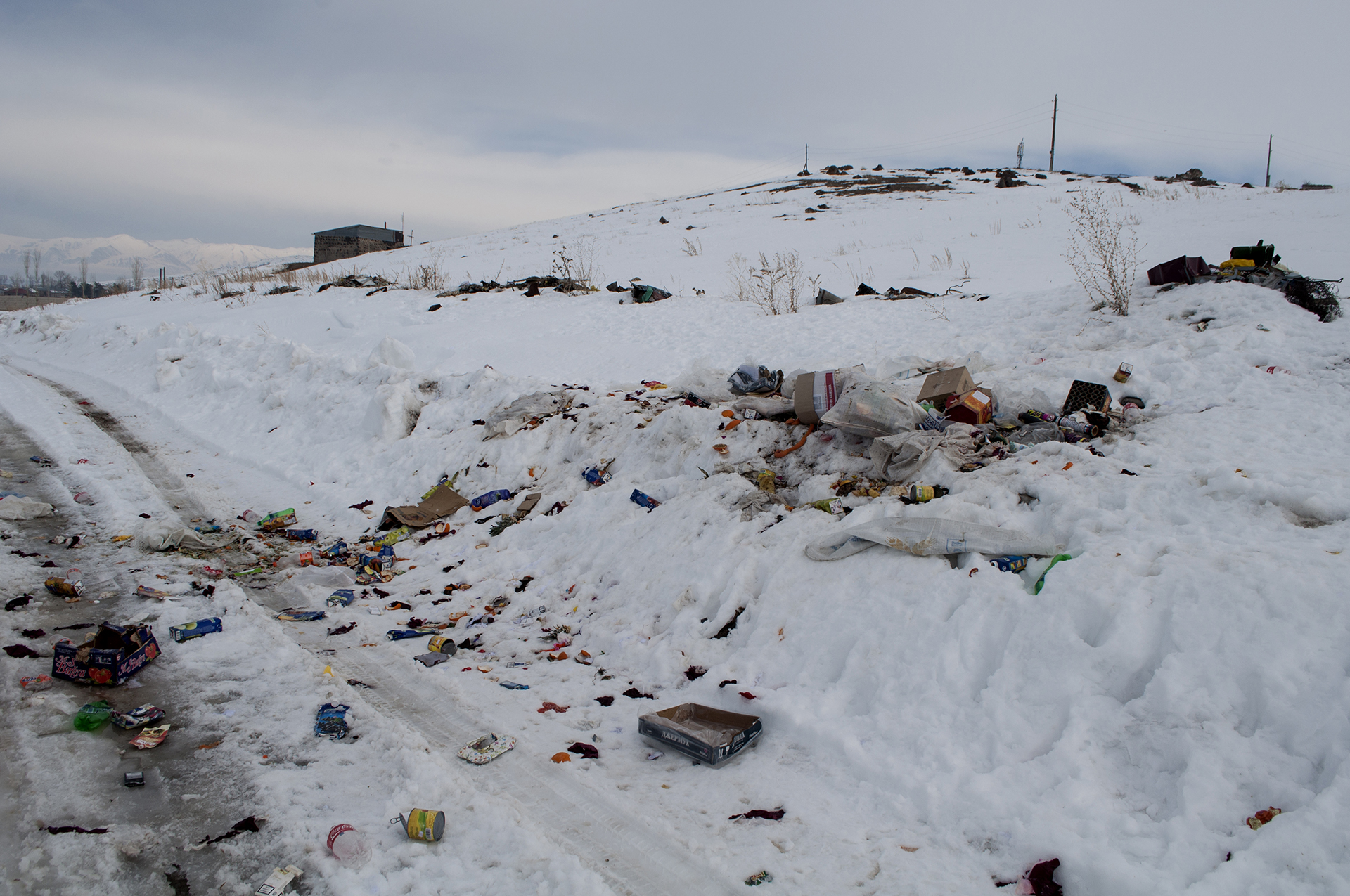
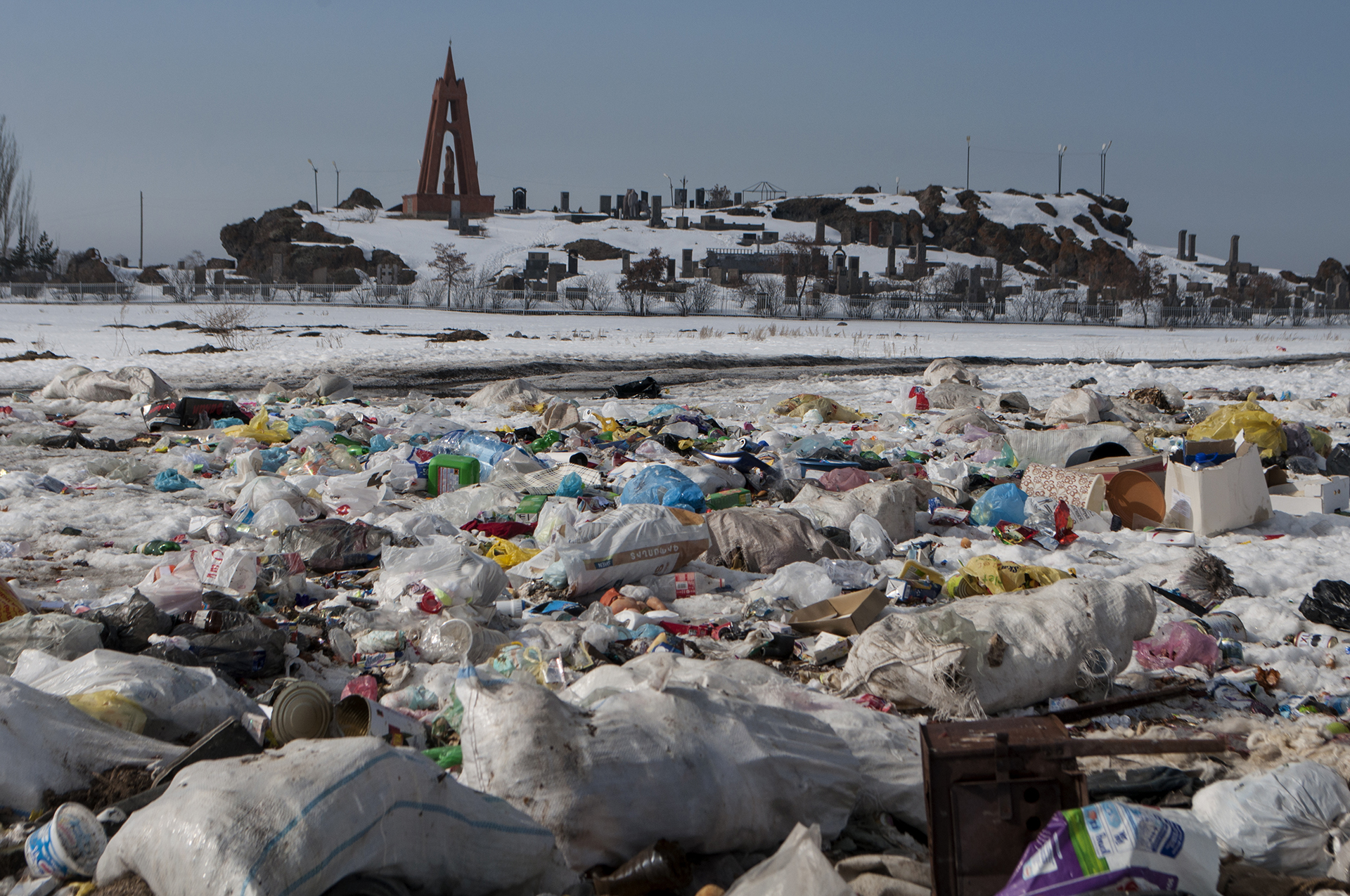
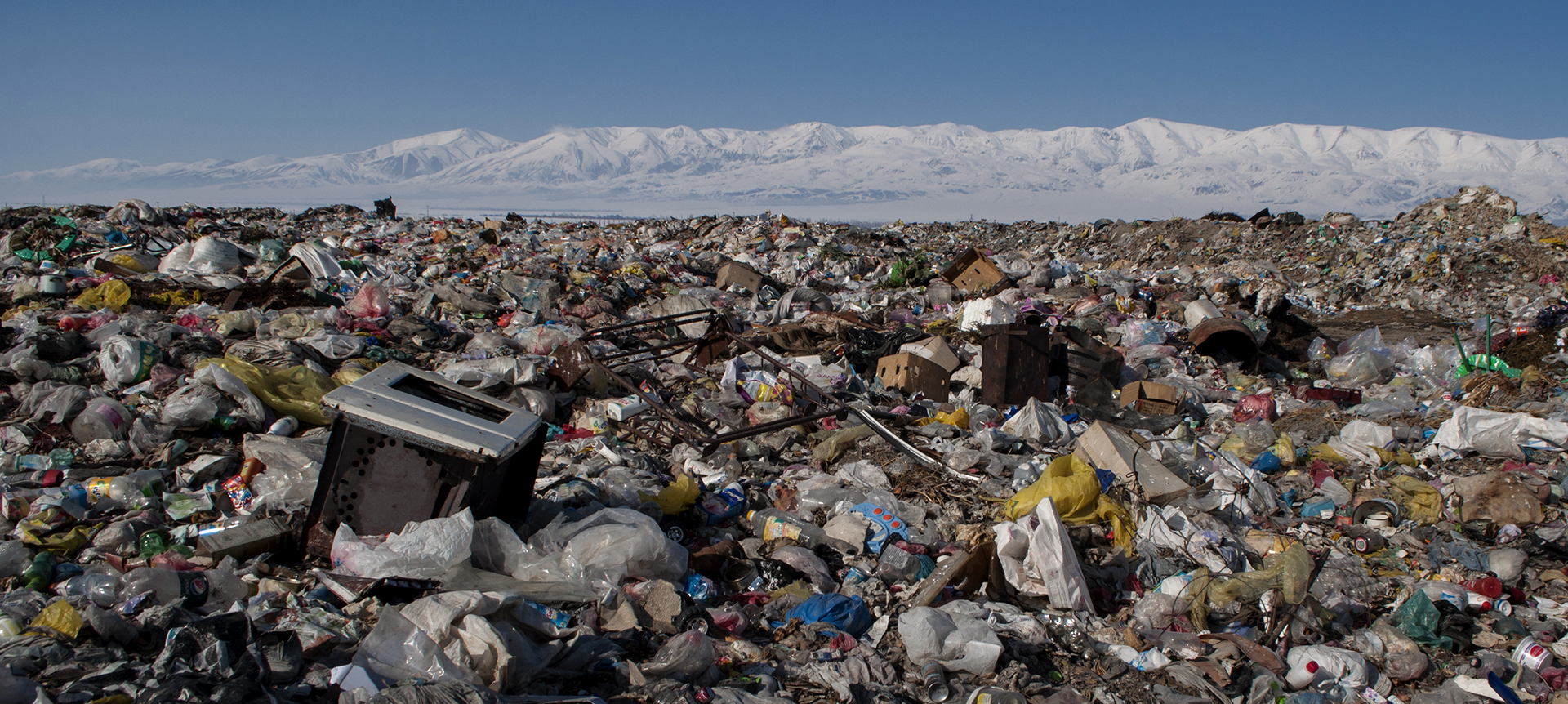
Article by
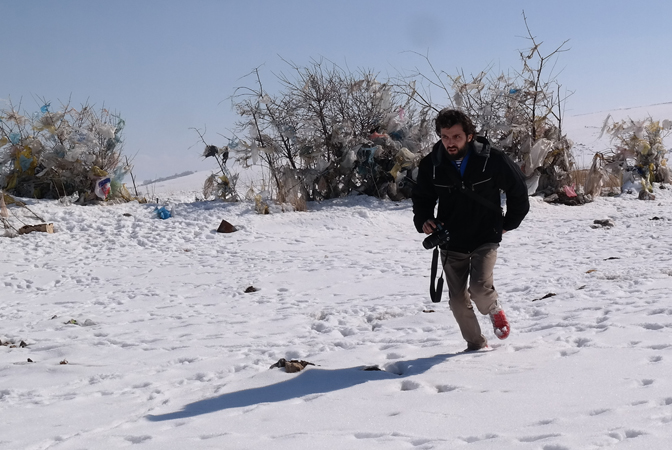 |
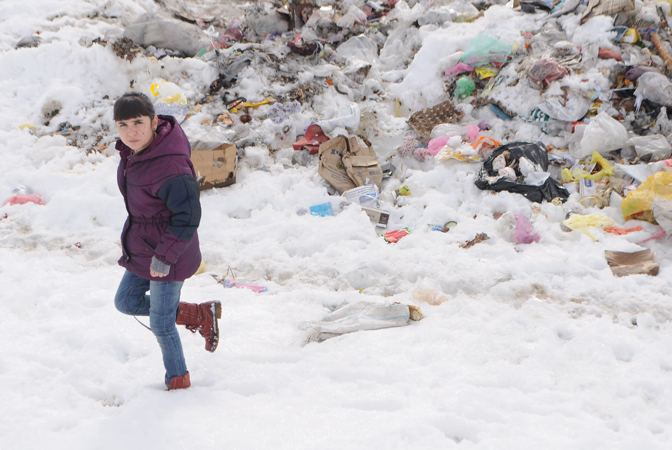 |
| Narek Aleksanyan | Ani Hovhannisyan |
 Videos
Videos Photos
Photos




Write a comment